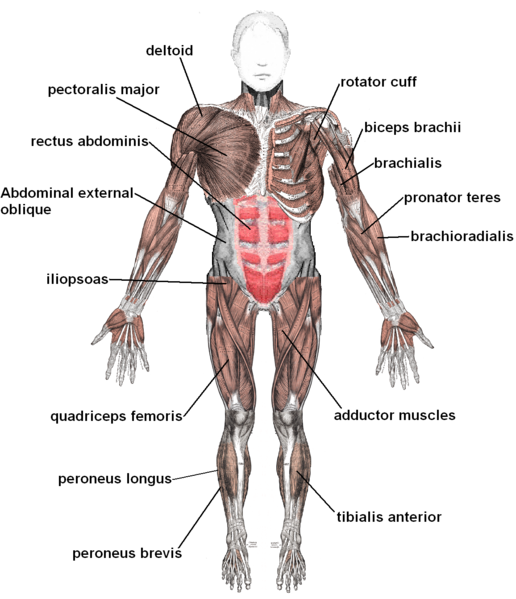Polymyalgia rheumatica is a disorder that causes muscle pain and stiffness in your neck, shoulders, and hips. It is most common in women and almost always occurs in people over 50. The main symptom is stiffness after resting. Other symptoms include fever, weakness and weight loss. In some cases, polymyalgia rheumatica develops overnight. In others, it is gradual.
The cause is not known. There is no single test to diagnose polymyalgia rheumatica. Your doctor will use your medical history, symptoms, and a physical exam to make the diagnosis. Lab tests for inflammation may help confirm the diagnosis.
Polymyalgia rheumatica sometimes occurs along with giant cell arteritis, a condition that causes swelling of the arteries in your head. Symptoms include headaches and blurred vision. Doctors often prescribe prednisone, a steroid medicine, for both conditions. With treatment, polymyalgia rheumatica usually disappears in a day or two. Without treatment, it usually goes away after a year or more.
NIH: National Institute of Arthritis and Musculoskeletal and Skin Diseases
 howMed Know Yourself
howMed Know Yourself


